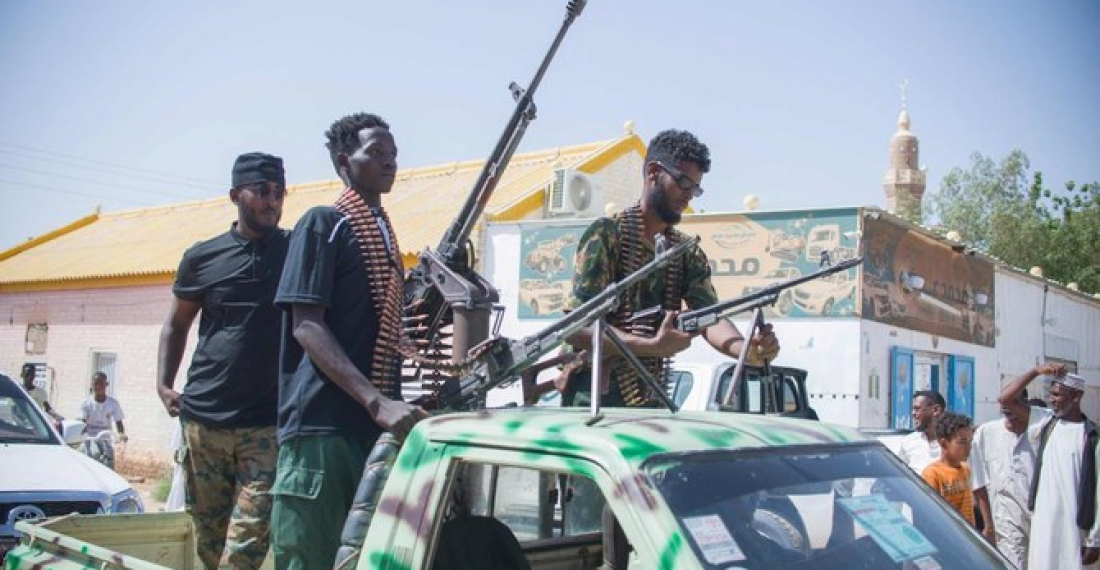Since renewed fighting between Sudan's warring factions began on 10 May, at least 85 people have died at a single hospital in the Darfur city of El-Fasher, according to Doctors Without Borders. On Monday (20 May), nine out of 60 casualties brought to Southern Hospital – the only operational medical facility in El-Fasher – succumbed to their injuries, reported Claire Nicolet, head of the charity's Sudan emergency programme. Since the violence erupted in the North Darfur state capital, the hospital has treated "707 casualties" with "85 fatalities", Nicolet added.
For over a year, there has been a state of armed conflict between the regular military, led by army chief Abdel Fattah al-Burhan, and the paramilitary Rapid Support Forces (RSF), commanded by his former deputy Mohamed Hamdan Daglo. El-Fasher remains the only state capital in the vast western region of Darfur, not under RSF control, and serves as a crucial humanitarian hub for a region on the brink of famine. Despite repeated calls, including from the United Nations, for combatants to spare the city, fierce battles have continued this month. Eyewitnesses report ongoing artillery shelling, gunfire from both sides and air strikes by the army.
Many residents, trapped in their homes by the violence, are unable to safely reach the hospital with their wounded loved ones. Doctors Without Borders stated that Southern Hospital, which is "under intense pressure," has only one surgeon on duty to handle the influx of casualties. Nationwide, the conflict has forced the closure of over 70 percent of medical facilities, placing a significant strain on the remaining ones. Nicolet emphasized the urgent need for "safe access" to restock supplies at Southern Hospital, which has only about ten days of supplies left. The war has claimed tens of thousands of lives, with UN experts estimating up to 15,000 deaths in a single West Darfur town. Nearly nine million people have been displaced. As of the end of April, North Darfur had experienced the displacement of over half a million individuals over the past year, according to the most recent figures from the United Nations.







